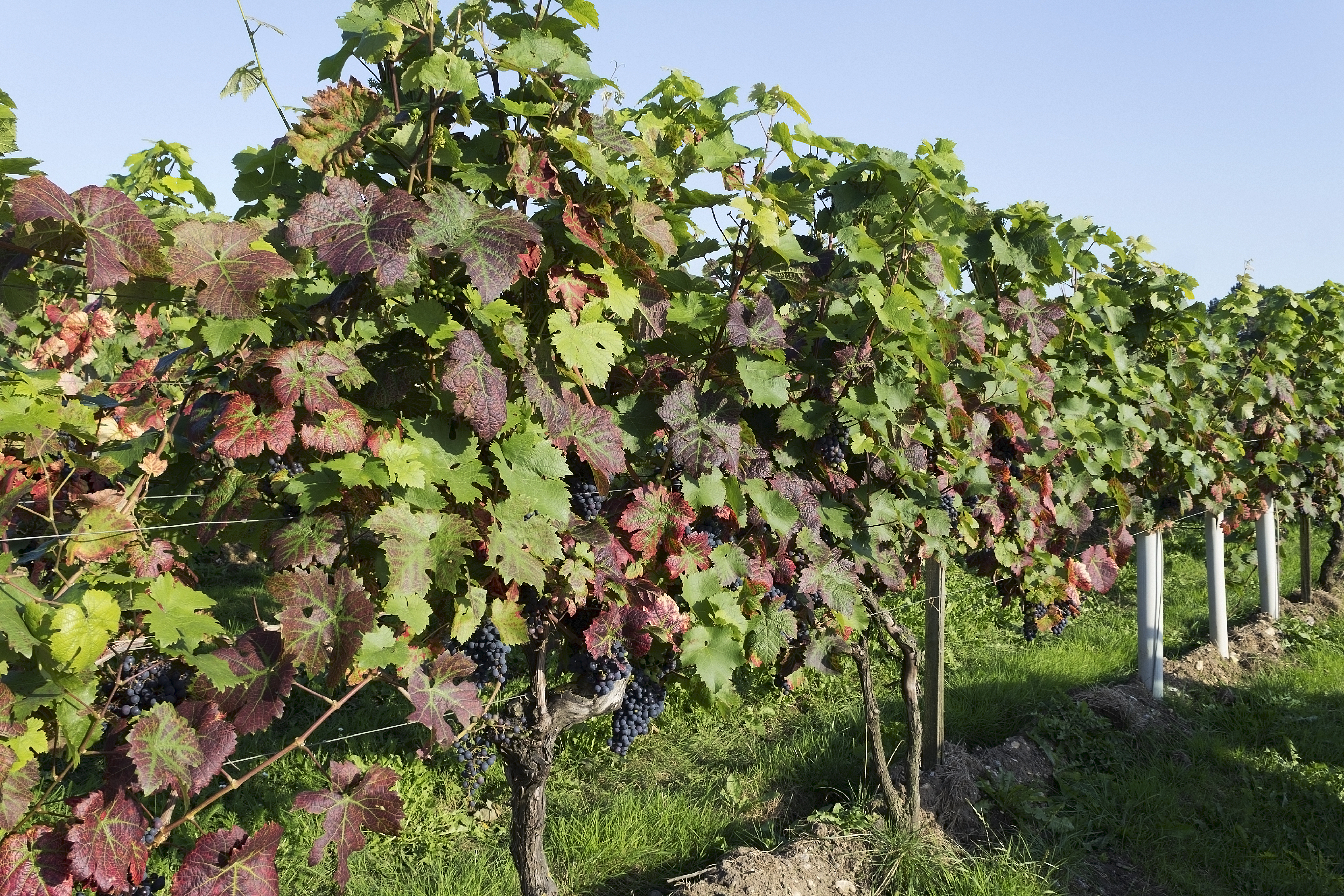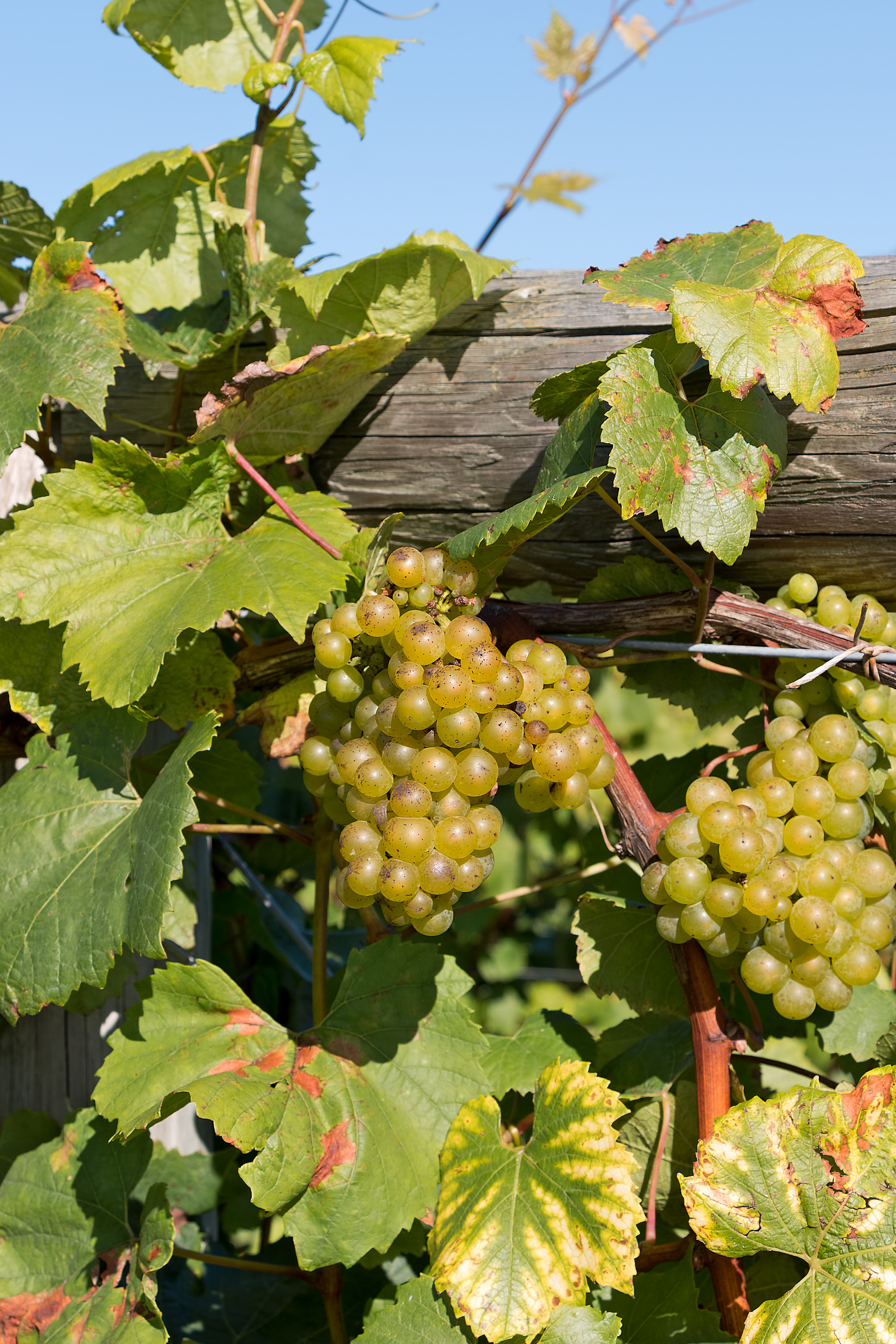- Home |
- Search Results |
- Move over prosecco: 2019 is the year of English wine

There’s nothing I love more, when I start planning a new book, than researching a new profession or industry. My latest novel, A Vintage Summer, follows Lottie Allbright as she escapes from a toxic relationship in London and starts afresh as manager at a Derbyshire vineyard.
This time my research led me to the Hanwell Wine estate, a relatively new enterprise a mere sixteen miles from where I live. I went to meet the proprietor, Helenka Brown, who gave me a tour and taught me lots about the production of English sparkling wine. I knew instantly that I wanted to write a book that would not only delight my readers but that would also celebrate the accomplishments of our wine industry. Here are some top reasons why we should all be drinking English wine this year.
1. English sparkling wine actually shares similar varietals to French champagne
The three types of grape used to make champagne: pinot meunier, chardonnay and pinot noir, are perfectly suited to grow in cooler climates like ours. Many British wineries produce sparkling wine using exactly the same grapes and production methods. But Champagne has a ‘protected designations of origin’ status, so it has to be made in the Champagne region to be called that.
The potential of British soil to produce excellent sparkling wine hasn’t gone unnoticed by our neighbours either: French Champagne house Taittinger bought 69 hectares of Kent farmland in 2015, they started planting vines in 2017 and their first bottles of English sparkling wine will be on sale from 2023. Praise indeed for the quality of British land!
2. It could be called ‘Britagne’ or ‘Merret’

Other countries have come up with a name for their national sparkling wine, such as Cava from Catalonia in Spain and Prosecco from Italy. There is an ongoing discussion about what we should call ours, with suggestions like Brit Fizz, Britagne (a blend of Britain and champagne) and Merrett, after Christopher Merret, the 17th century scientist who discovered that adding sugar to wine made it fizzy. But in the meantime, most winemakers simply call theirs sparkling wine.
3. The wine industry is growing quickly, so there is plenty of choice
Over one million new vines were planted in 2017 and there are more than five hundred commercial vineyards in the UK, a number which increases annually. According to the industry association, Wine GB, we produced around 6 million bottles of wine in 2017 and this could reach 40 million by 2040, resulting in an industry worth £1bn.
4. English wine wins international awards
In 2018, the Ridgeview estate in Sussex was named World’s Best Winemaker in the annual International Wine & Spirit Competition. This is the first time ever that an English producer has won this award. I’m sure it won’t be the last!
The narrative surrounding British wine right now is exciting and fast-paced; and coupled with a plot full of sparkle and surprises; I’m hoping that A Vintage Summer will be a corking good read!